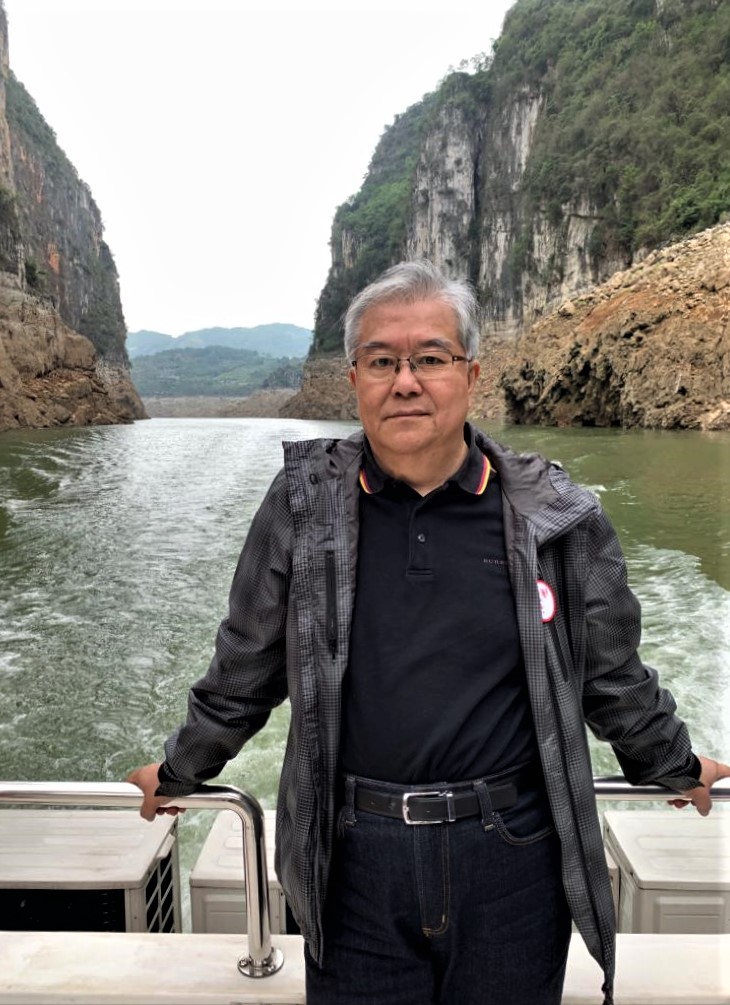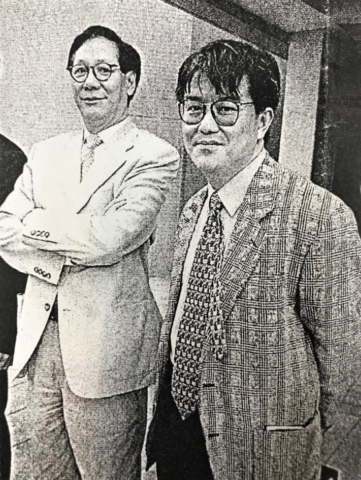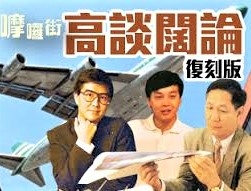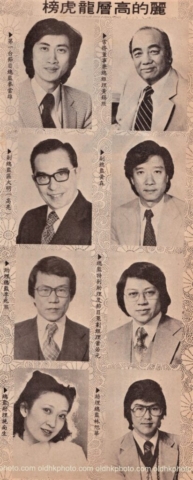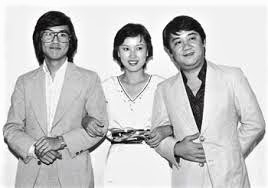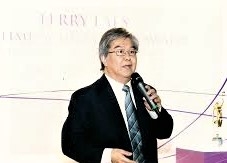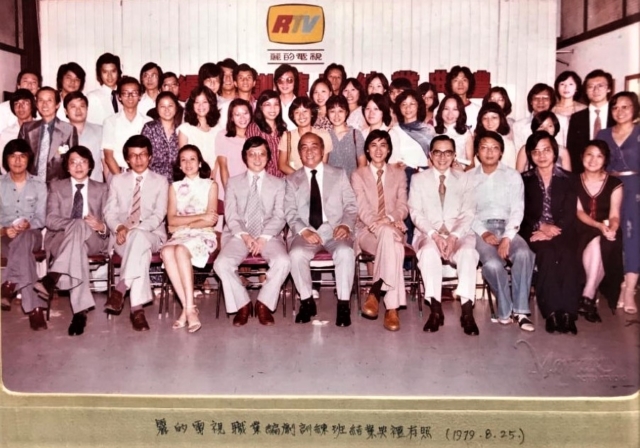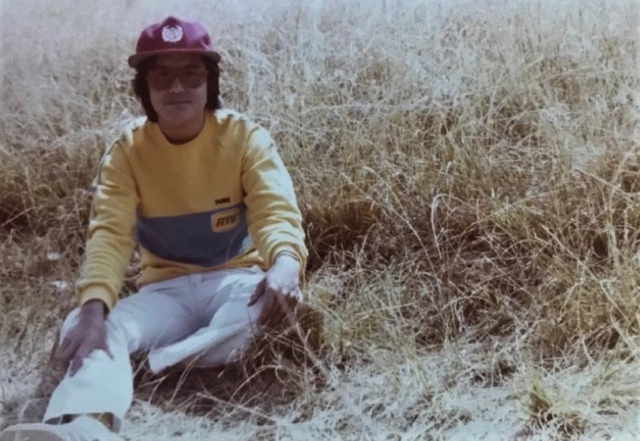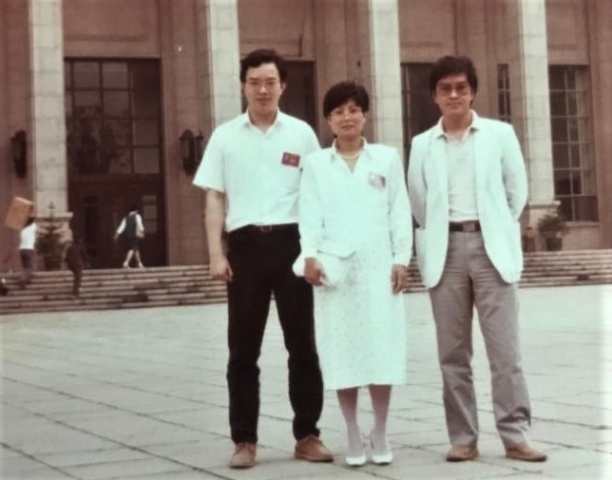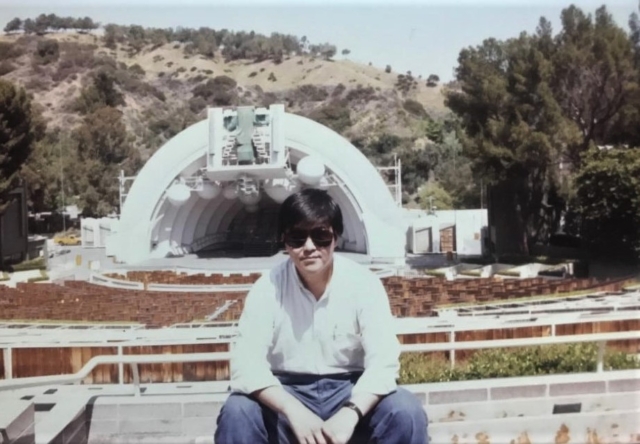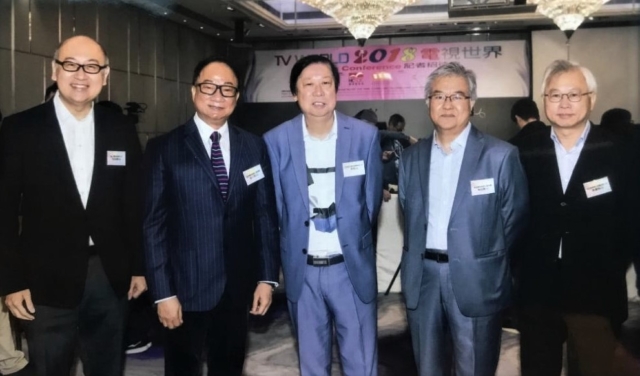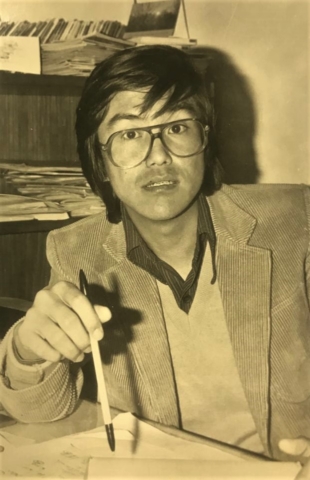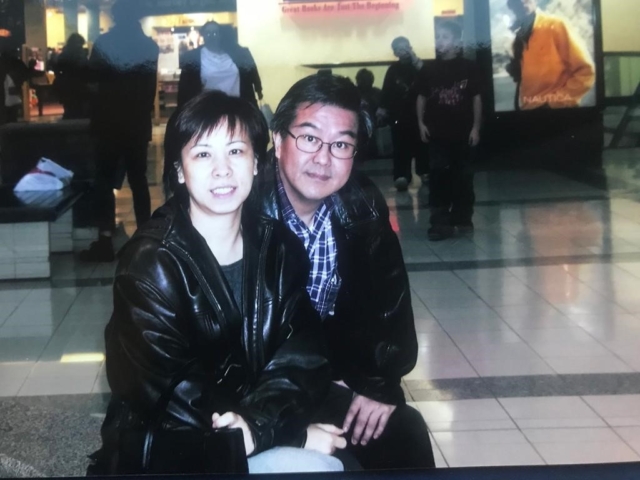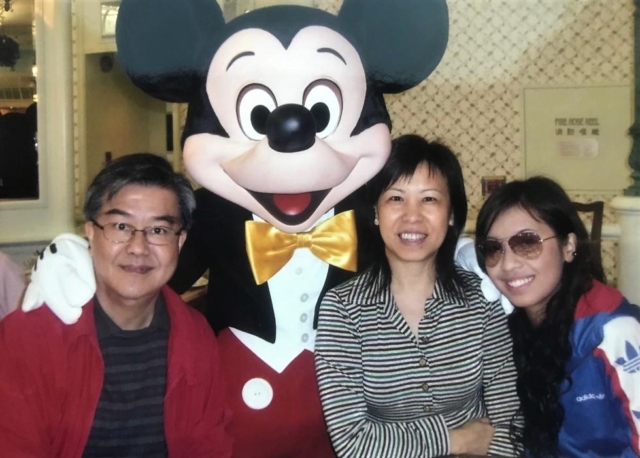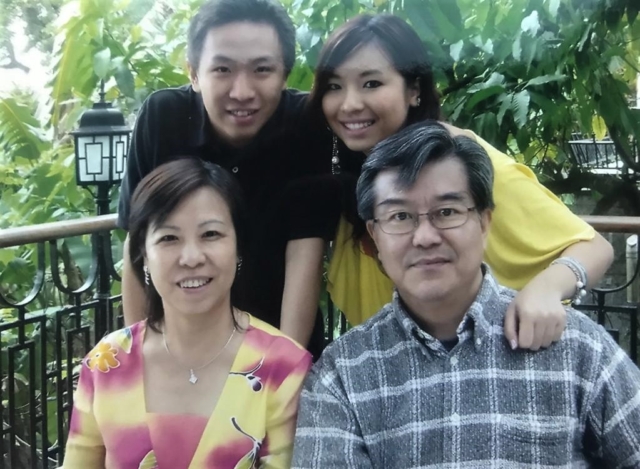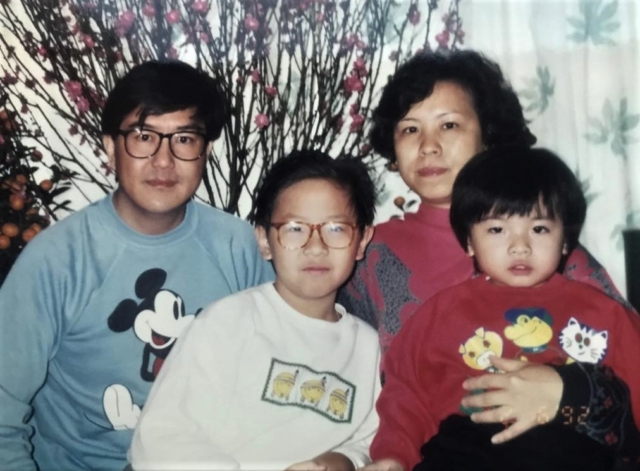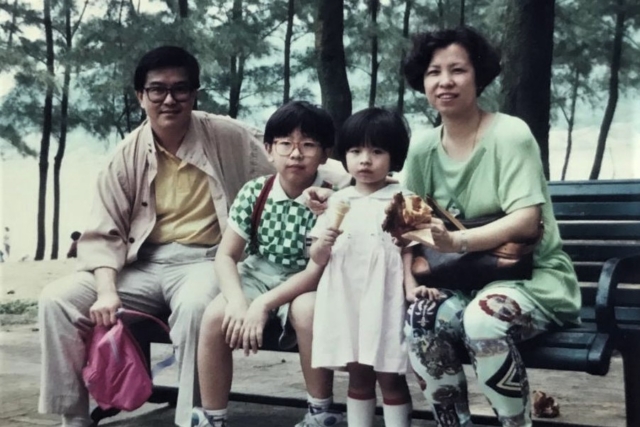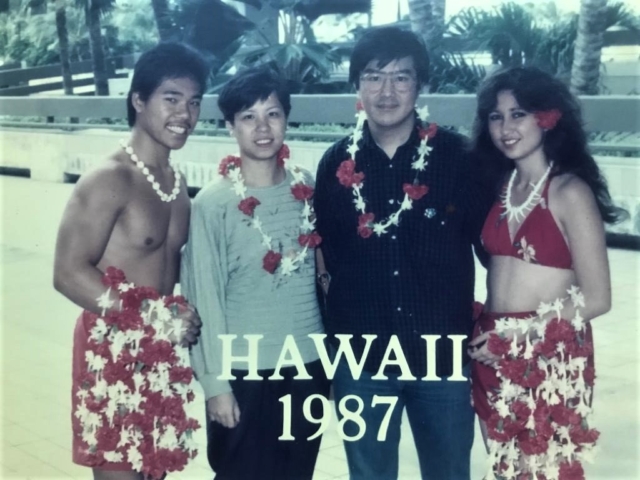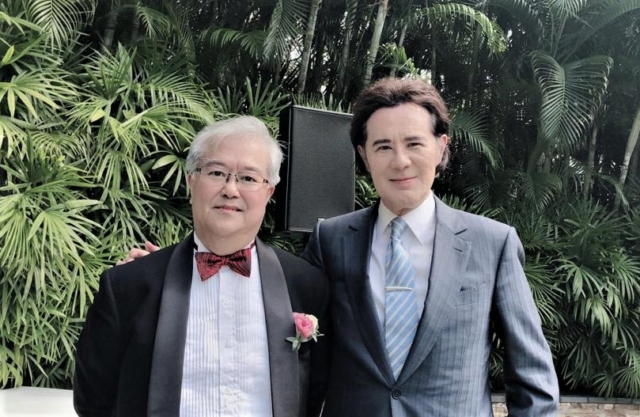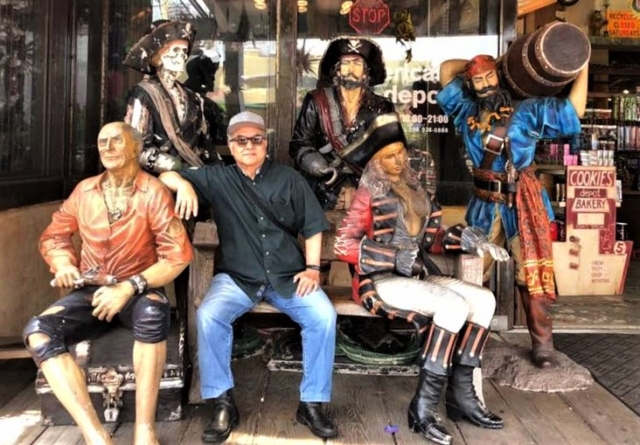05-11-19
Bill Taylor, an international researcher, said, “The true mark of a leader is the willingness to stick with a bold course of action, an unconventional business strategy, a unique product development roadmap and a controversial marketing campaign—even as the rest of the world wonders why you are not marching in step with the status quo. Real leaders are happy to zig while others zag. They understand that in an era of hyper-competition and non-stop disruption, the only way to stand out from the crowd is to stand for something special.” Peter Lam Yuk Wah was one of such great leaders in the television industry in Hong Kong in the 1970s. I asked Peter, “Does Hong Kong television industry have a top leader now?” Peter frowned, “Not today. Hopefully tomorrow.”
The golden era of Hong Kong TV industry is from the 1970s to 1990s. In Asia, Hong Kong was next to Japan. Korea, China and Taiwan were all behind in terms of their popularity, creativity and sophistication. Television stations in Hong Kong were dream factories: they made marvelous and charming entertainment products, titled them and shipped such intellectual properties to other countries. Billions of dollars were earned for Hong Kong’s creativity. These days, Hong Kong television programs are no longer powerful. Their glory is all moonshine.
Peter Lam was educated in Hong Kong Baptist College. In 1973, he tried to be a journalist but the higher paying jobs as well as challenges in the emerging TV industry soon swept him away to Broadcast Drive where the 5 media stations once existed. He set up the first Research Unit in the television history of Hong Kong to support other creative teams such as scriptwriting and production. His speedy exposure to the numerous high positions in the industry accelerated Peter’s aging process. He felt tired and switched to other interesting fields such as films, concerts and video productions. He, at one time, was a radio program co-host who had a great vogue and captured Hong Kong as one of the most influential media personalities.
I asked Peter directly, “Why do the television stations in Hong Kong seem to be weak and powerless now?” Peter said, “There are 6 causes. The senile management levels are showing a decline of their creative strength and strategic functioning. They run the stations like a garment factory and cost cutting measures are their proud duties. They do not support bold but creative ideas; and this demoralizes the young people who join the industry for a mission. They also fail to take long-term actions to train up front stage and backstage super talents. The strategy that they are using is very outdated: they simply create monopolistic restraints over the artistes so that the good ones cannot serve a competitor. This predatory approach is damaging to the industry. Worst of all, the station owners have no passion for television or creativity. Most of them treat the media investment as a clever means to indirectly enhance their other influence.”
I worked in TVB as a part-time scriptwriter in the 1980s. I loved being part of the television team at that time because the job symbolized self-actualization and a different honour. Nowadays, television is built on commercial and sensational values. It is sad that for the present television industry, there is no promise of better things to come.
I said, “Peter, what kind of people that we want for the TV industry now?” Peter said, “We lack 3 kinds. For the creative team, we need people who do things with a lot of passion and some style. For the management level, we need people who are truly professional and respect creativity. For the investors, we need those who appreciate risk taking and are prepared for the ups and downs of TV business.”
I said, “Is Hong Kong still of significance to the investors?” Peter was quite firm, “Yes, Hong Kong is a culture bridge. We can bridge the gap between the Chinese and Western TV industries because Hong Kong means flexibility and connectivity.”
The people who used to live in a golden age usually go around complaining how strange everything looks now. Peter & I may be old fashioned. Yet, our complaints about the disappearance of the good old days of television get people to understand that if another golden age can come again, what must be the elements and substance that the unwary ones have to be conscious of. Many in Hong Kong just want to survive and this is very wrong. ‘Thrive’ is the word.
This article can also be found at the following sites:



